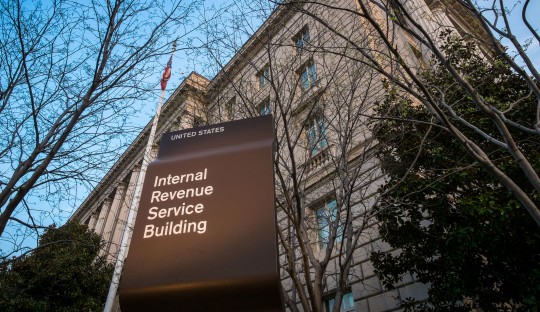The Internal Revenue Service awarded nearly $6 million in bonuses over the past five years for senior executive services, according to newly released data.
"The awarding of performance bonuses became an issue at congressional hearings last year over the IRS's spending priorities, especially after IRS Commissioner John Koskinen in 2014 officially reversed his predecessor's policy of suspending most bonuses," writes Tax Analysts, the group that obtained the information through a Freedom of Information Act request.
Through their request, the group discovered that the IRS gave out a total of 1,269 performance awards and retention incentives to 351 chief counsel executives and nonunion managers at the Office of Chief Counsel. The bonuses were awarded between January 1, 2010, and February 2, 2015, and amounted to $5.7 million.
Supervisory general attorneys were the top recipients with 486 total awards that came to $1.56 million. They were followed by supervisory trial attorneys who pocketed a combined $1.2 million in bonuses on 410 performance awards ranging from $200 to $7,200.
One lawyer at the agency even pocketed a hefty $285,688 in performance and retention awards, the Washington Examiner reports.
The Examiner further writes:
The average award during the five-year span was $4,483. Individual awards for a single year ranged from $88 to $44,096, and total awards for individuals over the period ranged from $250 to $285,688. That is more than six times the average U.S. salary of $44,888.
That huge bonus went to Deputy Chief Counsel for Operations Christopher Sterner over the five years. He received performance bonuses worth $99,695, and retention awards totaling $185,993 since 2010.
In a mission statement, the Office of Chief Counsel's job: "Serve America's taxpayers fairly and with integrity by providing correct and impartial interpretation of the internal revenue laws and the highest quality legal advice and representation for the Internal Revenue Service."
